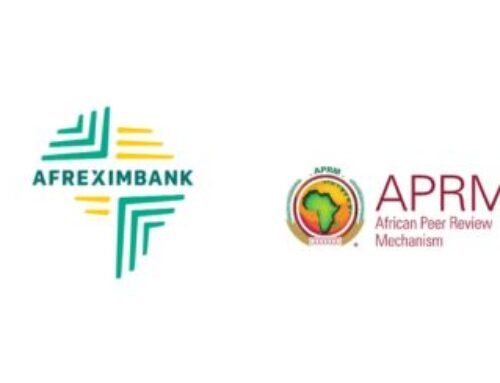
Sovereign Debt, also known as Public Debt, is one of the major ways by which Governments finance investments, projects and other activities tailored towards growth and development in their various countries.
However, the capability of Governments to continually service their debts and ensure that their burden remain sustainable is very important. This is to prevent the country from entering into a debt distress, as this can be a painful process. Also, it most times affect the economic stability, growth as well as development of the country.
The period of time a debt distress lasts, depends on the extent of its effect and how well the affected country is able to manage and tackle it. Countries with high debt vulnerabilities need to tackle them through a combination of adjustment and measures to restore growth.
According to Oxford Economics, a global advisory firm, continued high oil prices and an easing of global funding conditions were supportive for Nigerian assets and as a consequence, the firm upgraded Nigerian Sovereign Bonds in US dollars (USD) to overweight from neutral.
Overweight means an outsized investment in a particular asset type or sector within a portfolio. In other words, it is the act of investing in an asset or industry such that it comprises a higher percentage of the portfolio or an index.
An investor may choose to dedicate a greater portion of the portfolio to a particular sector that looks promising, or an investor may go overweight on defensive stocks and bonds when prices are volatile. According to Analysts, it also means that a stock will outperform others in its sector. Overweight, rather than equalweight or underweight, also reflects an Analyst’s opinion that a particular stock will outperform its sector average over the next eight to 12 months.
On the contrary, in the first half of 2022 JP Morgan removed Nigeria from its list of emerging market sovereign recommendations that investors should be ‘overweight’ in, saying the country had not taken advantage of high oil prices while adding Serbia and Uzbekistan.
Oxford Economics however, saw a different trajectory amidst global monetary policy tightening. In the local debt market, the Central Bank of Nigeria (CBN) funding costs have inched upward due to interest rate hikes.
The global advisory firm also noted that the Nigerian Government is likely to reduce fuel subsidies after the February elections, as the cost has been exorbitant and has come at the expense of other budget priorities.
It recognised that dwindling oil production and weak security on existing infrastructures have become a major political issue, but anticipated that the next Government will take concrete steps to improve the situation.








Leave A Comment